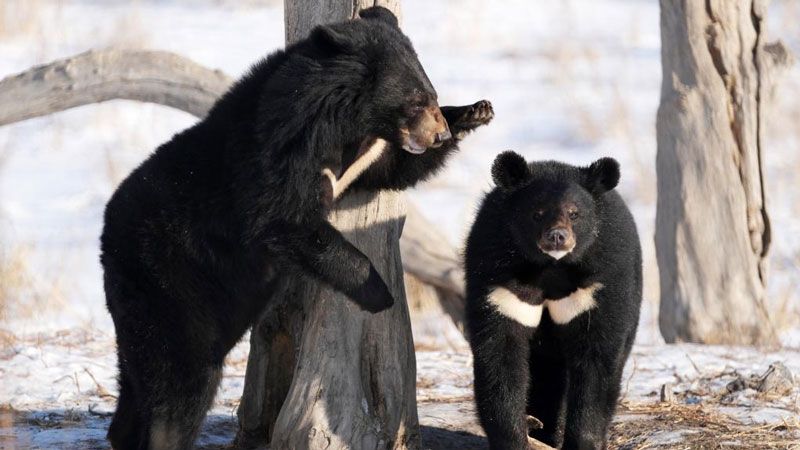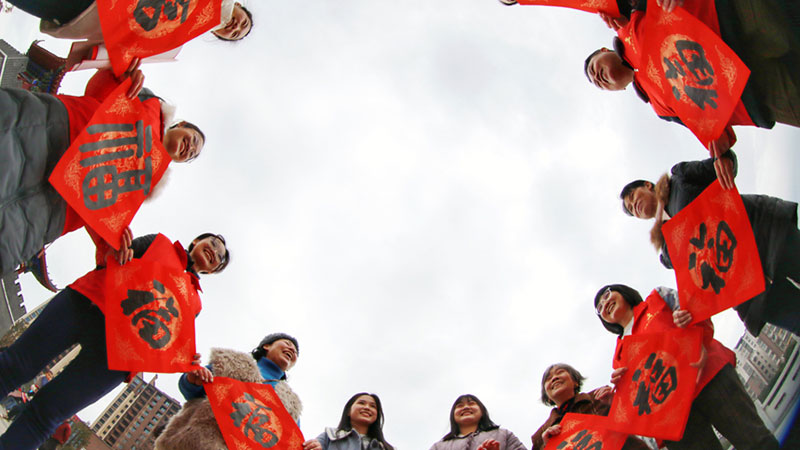COVID-19 evolving into endemic disease in Chinese mainland: HK health expert

David Hui Shu-cheong, an expert advisor to the HKSAR government on COVID-19 and a professor of respiratory medicine at the Chinese University of Hong Kong's Faculty of Medicine, speaks during an exclusive interview with the Global Times on Wednesday. Photo: Yun Tianhua/GT
As how COVID-19 evolved in any other country, the virus has also been evolving into an endemic disease in China, and the Chinese mainland will return to normal in the second half of this year when society generates robust herd immunity, a Hong Kong-based health expert said.
David Hui Shu-cheong, an expert advisor to the Hong Kong Special Administrative Region government on COVID-19 and a professor of respiratory medicine at the Chinese University of Hong Kong's Faculty of Medicine, made the remark during an exclusive interview with the Global Times on Wednesday.
The pandemic becoming an endemic is happening everywhere, not only in Hong Kong and the mainland. An endemic means the community has too high a number of positive cases to be traced anymore. Like in Hong Kong, there are more than 10,000 cases per day. It has infiltrated the community and cannot be traced, Hui said.
Hui said that "Hong Kong eventually will follow Japan and Macao to declare that COVID-19 has become an endemic. It is a matter of time until they would drop the quarantine order for mild cases."
Hong Kong's declaration of COVID-19 as an endemic is likely to be made after winter time, Hui said, citing the fact that Hong Kong now is opening its borders and is in the winter peak, with more than 10,000 cases reported every day.
For the mainland, which is undergoing what Hong Kong did in the first half of 2022, things will get back to normal more easily in the second half of this year when the community has good hybrid immunity, Hui noted.
When the virus becomes endemic, containment policies are no longer needed, he said.
In recent days, Singapore, for example, only has about 600 cases a day. Life is basically back to normal and people can move around with few restrictions, except wearing masks on public transport, Hui noted.
It is natural for a place to face several waves in front of opening up, and so does the mainland, according to Hui.
He mentioned Singapore as an example, saying that Singapore opened up when it achieved a very high vaccination rate in early 2022. Then it had a big wave driven by BA.2 in March and February, then in about May and June, it had another big wave driven by BA.5, and later in August, Singapore experienced an XBB big wave.
Because of the high vaccination rate, Singapore has mainly seen mild cases and very few deaths, so the best solution to open up safely is to have an increased vaccination rate, according to Hui.
"You need to have one dose, two doses, three doses and then a fourth dose. Hong Kong now is pushing a fifth dose using a second-generation vaccine," Hui noted.
For those aged 80-plus who have only had one dose, the fatality rate is around 7 percent, but with two doses it drops to 3.9 percent. For those with three doses, the rate is 2.3 percent, and for four doses, it's about 1.5 percent, he said.
Now the dominant strains of virus in the mainland are BA.5.2 and BF.7. But imported cases of XBB or even XBB.1.5 may also show up as society continues to open up, according to Hui. As for new mutations, Hui said he did not see any reason why China would have a higher possibility of having new mutated variants than other countries.
As in other countries, the mainland may also have new variants. Such as, the new mutation variant XBB.1.5, which was first detected at the end of September or early October in the northeast coast of the US, has become an important strain in the US, accounting for about 28 percent of the total infections. Even in a Western country with good vaccination rates, mutations can occur, Hui said.
New mutations are likely to occur in people with compromised immunity, as in Western countries, the professor said.
As the COVID-19 evolves into an endemic, the virus is likely to circulate for decades or maybe even longer, just like influenza. New variants emerge and then we need to find new solutions, Leo Poon Lit-man of the University of Hong Kong, told the Global Times.
Hui said that people will initially need annual COVID-19 vaccinations like for the flu. "When the virus further mutates, it may become milder, and after a few exposures, we develop stronger immunity, so by then hopefully, we no longer require frequent vaccination," Hui noted.
Photos
Related Stories
- Class B downgrade brings back a sense of normality
- China's optimization of COVID response seen as science-based, effective
- Revised virus protocol at the right time
- Evil tactics to demonize fight against virus
- Regions across China report passing infection peaks, enter fast track of work resumption
- WHO official urges science-based, non-discriminatory COVID entry restrictions
Copyright © 2023 People's Daily Online. All Rights Reserved.









